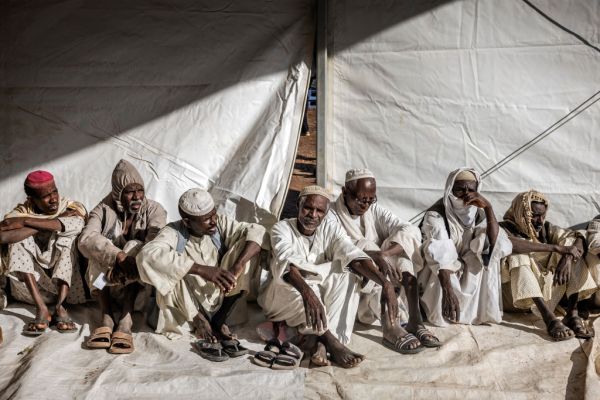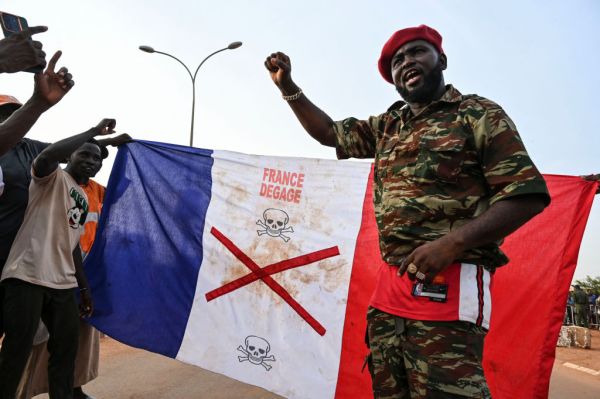Protected: Sudan Peace Talks Founder As Millions Face Starvation
There is no excerpt because this is a protected post.
Grayson Logue is a staff writer for The Dispatch and is based in Philadelphia, Pennsylvania. Prior to joining the company in 2023, he worked in political risk consulting, helping advise Fortune 50 companies. He was also an assistant editor at Providence Magazine and is a graduate student at the University of Edinburgh, pursuing a Master’s degree in history. When Grayson is not writing pieces for the website, he is probably working hard to reduce the number of balls he loses on the golf course.
James P. Sutton is a Morning Dispatch Reporter, based in Washington D.C. Prior to joining the company in 2024, he most recently graduated from University of Oxford with a Master's degree in history. He has also taught high school history in suburban Philadelphia, and interned at National Review and the Foreign Policy Research Institute. When not writing for The Morning Dispatch, he is probably playing racquet sports, reading a history book, or rooting for Bay Area sports teams.
Peter Gattuso is a fact check reporter for The Dispatch, based in Washington, D.C. Prior to joining the company in 2024, he interned at The Dispatch, National Review, the Cato Institute, and the Competitive Enterprise Institute. When Peter is not fact-checking, he is probably watching baseball, listening to music on vinyl records, or discussing the Jones Act.











Please note that we at The Dispatch hold ourselves, our work, and our commenters to a higher standard than other places on the internet. We welcome comments that foster genuine debate or discussion—including comments critical of us or our work—but responses that include ad hominem attacks on fellow Dispatch members or are intended to stoke fear and anger may be moderated.
With your membership, you only have the ability to comment on The Morning Dispatch articles. Consider upgrading to join the conversation everywhere.